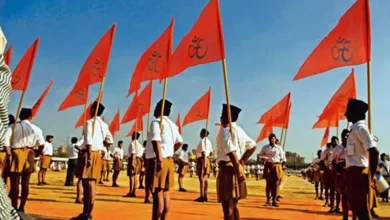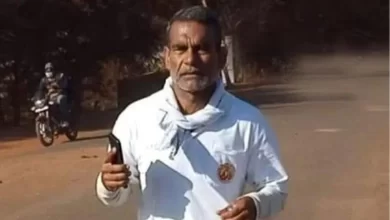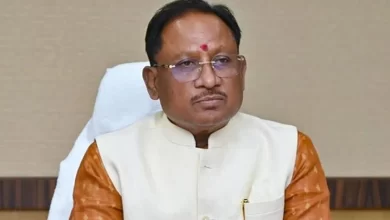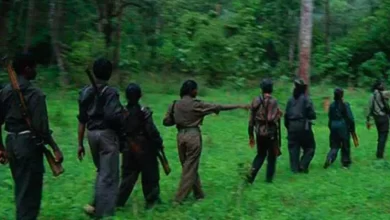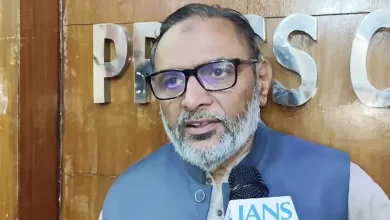Key takeaways from the Supreme Court judgment on Maharashtra crisis
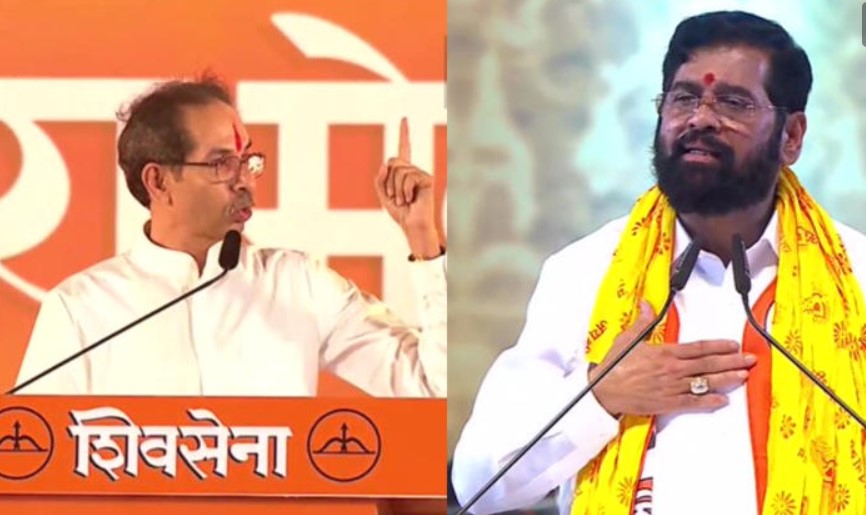
In its verdict on the Maharashtra political crisis brought on by the rift in the Shiv Sena, the Supreme Court Constitution Bench on Thursday held that it cannot order the restoration of the Uddhav Thackeray government as he resigned as CM without facing a floor test. While dealing with the various issues involved in the case, especially the role of the Assembly Speaker and the governor of the state, the top court made several observations. Here’s a look at the key points from the judgment:
1. The Supreme Court explained why the 2016 verdict regarding power of the Speaker needs to be referred to a seven-judge bench. “Nabam Rebia is in conflict with the judgment in Kihoto Hollohan. The decision in Kihoto Hollohan holds that there is no reason to doubt the independence and impartiality of the Speaker when adjudicating on proceedings under the Tenth Schedule. In contrast, Nabam Rebia doubts the ability of the Speaker to remain neutral while deciding disqualification petitions after a notice for his removal has been issued,” the SC said.
2. The Supreme Court laid down the procedure for the Speaker in the interim:
- The Speaker has discretion to rule on the application that asks them to refrain from deciding on disqualification while the plea for their removal is pending.
- The Speaker should decide if the application is bonafide or intended only to evade adjudication. Speaker can accordingly allow the plea or reject it.
- Any decision of the Speaker will be subject to judicial review by the court.
3. “Courts should normally refrain from deciding disqualification petitions at the first instance. The question of disqualification ought to be adjudicated by the Speaker of the Legislative Assembly, by the procedure prescribed under the Constitution. Disqualification of a member of the House has drastic consequences for the member concerned and by extension, for the citizens of that constituency,” the SC said.
“The action of the House in electing the Speaker, Mr Rahul Narvekar, on 3 July 2022 is not invalid merely because some MLAs who participated in the election faced disqualification proceedings,” the court said.
5. The Tenth Schedule and the relevant rules indicate that the Whip and the Leader of the legislative party must be appointed by the political party. “The Whip being appointed by the political party is crucial for the sustenance of the Tenth Schedule and the entire structure would crumble if this requirement is not complied with,” the Supreme Court said.
6. The Supreme Court says that it is not necessary for the Election Commission to rely on the test of majority in the legislature alone when deciding who the ‘real’ Shiv Sena is. The ECI must look to other tests in order to reach a conclusion, including an evaluation of the majority in the organisational wings of the political party and an analysis of the provisions of the party constitution.
7. The political imbroglio in Maharashtra arose as a result of differences within the Shiv Sena. Floor test cannot be used as a medium to resolve internal party disputes or intra-party disputes.
8. “Communication by some MLAs expressing discontent is not sufficient for the Governor to call for a floor test,” says the Supreme Court. The court further says, “The Governor ought to apply his mind before to assess if the Government seemed to have lost the confidence of the House.”
CONCLUSION
- “SC cannot ordinarily adjudicate petitions for disqualification”: Speaker must decide disqualification petitions within a reasonable period, SC refuses to decide on disqualification pleas.
- The political party and NOT the legislature party appoints the Whip and the Leader of the party in the House. Direction to vote in a particular manner or to abstain from voting is issued by the political party and not the legislature party.
- Speaker’s decision to appoint Gogawale (Shinde group) as Chief Whip of the Shiv Sena party was contrary to law. Speaker shall recognise Whip and Leader who are duly authorised by the Shiv Sena political party with reference to the provisions of the party constitution, after conducting an enquiry and keeping with the principles discussed in this judgment.
- The Speaker and the ECI are empowered to concurrently adjudicate on the petitions before them under the Tenth Schedule and under Paragraph 15 of the Symbols Order respectively.
- Defence of ‘split’ no longer available to members facing disqualification proceedings. Speaker would prima facie determine who the political party is for deciding on disqualification when two or more factions claim to be that political party.
- The Governor was not justified in calling upon Mr Thackeray to prove his majority on the floor of the House because he did not have reasons based on objective material before him to reach the conclusion that Mr Thackeray had lost the confidence of the House
- Status quo ante cannot be restored because Mr Thackeray did not face the floor test and tendered his resignation.

